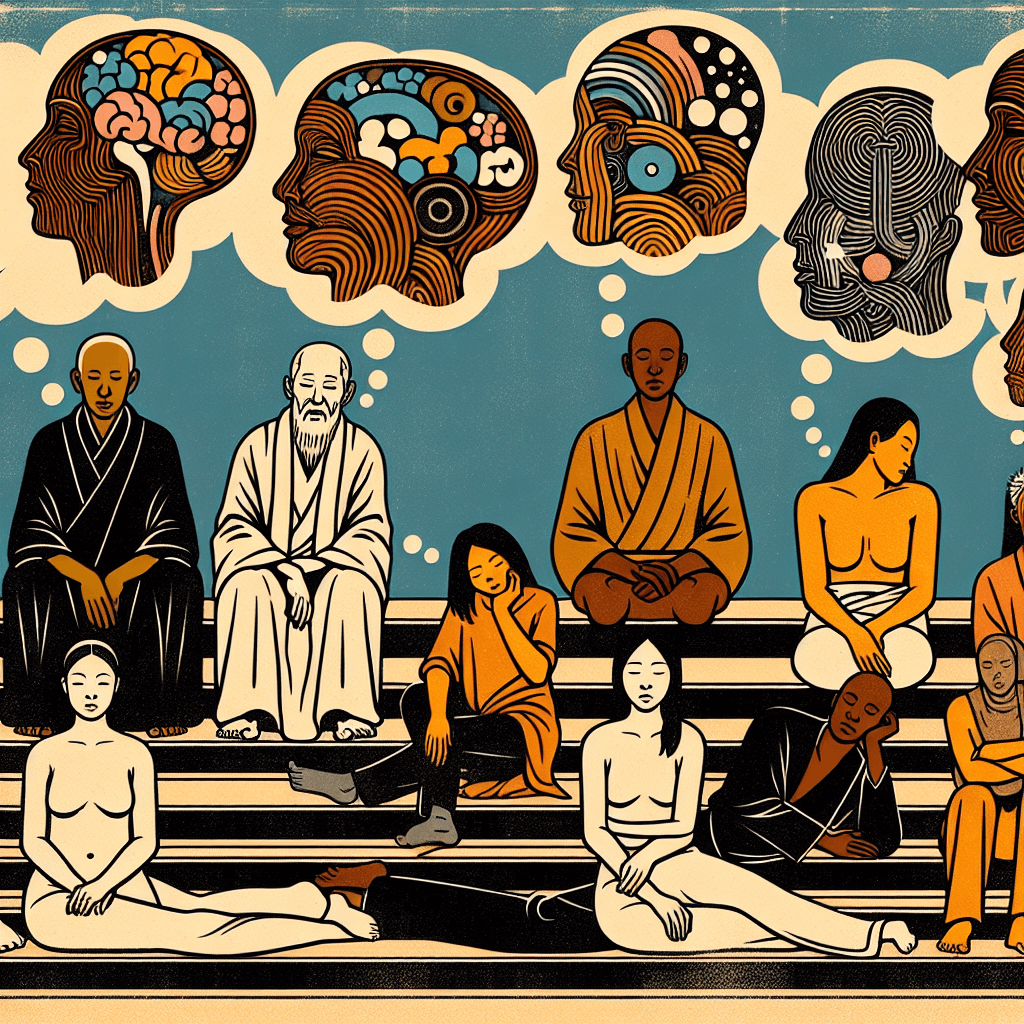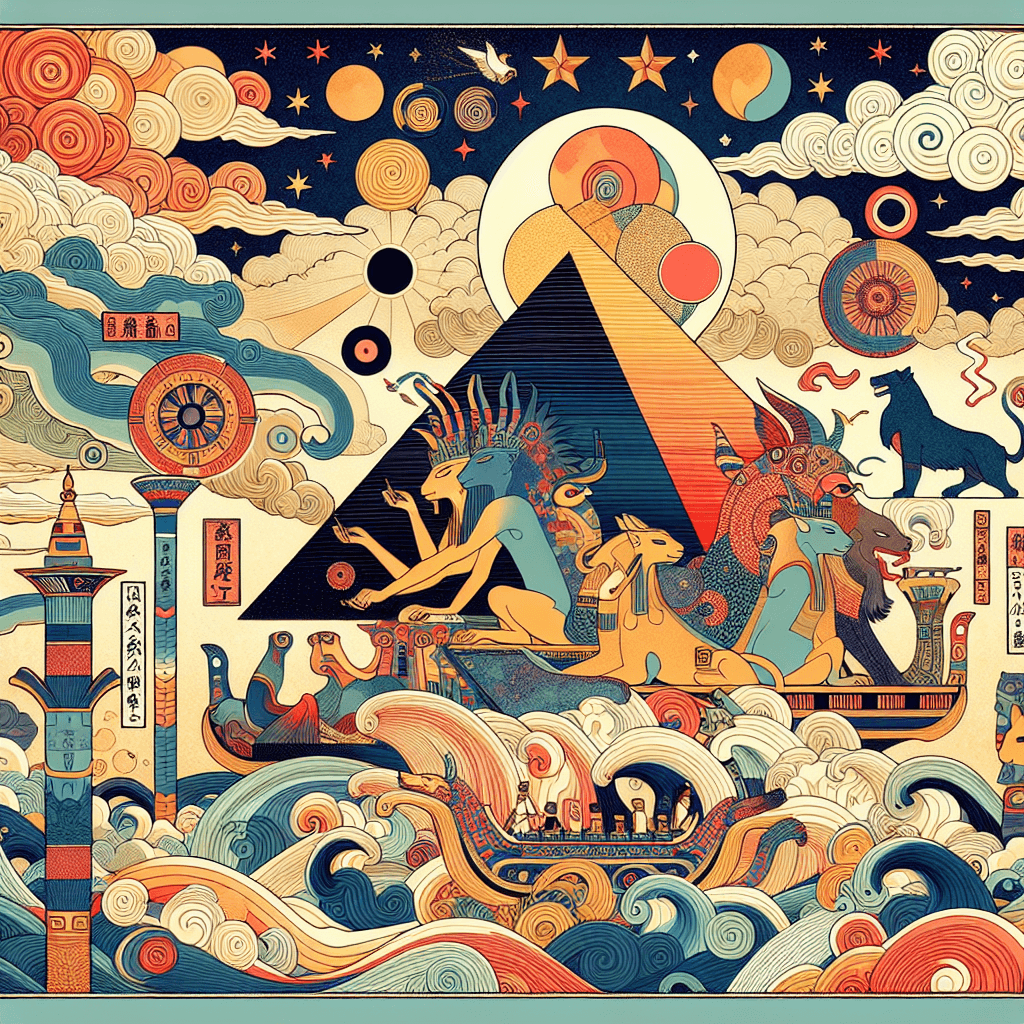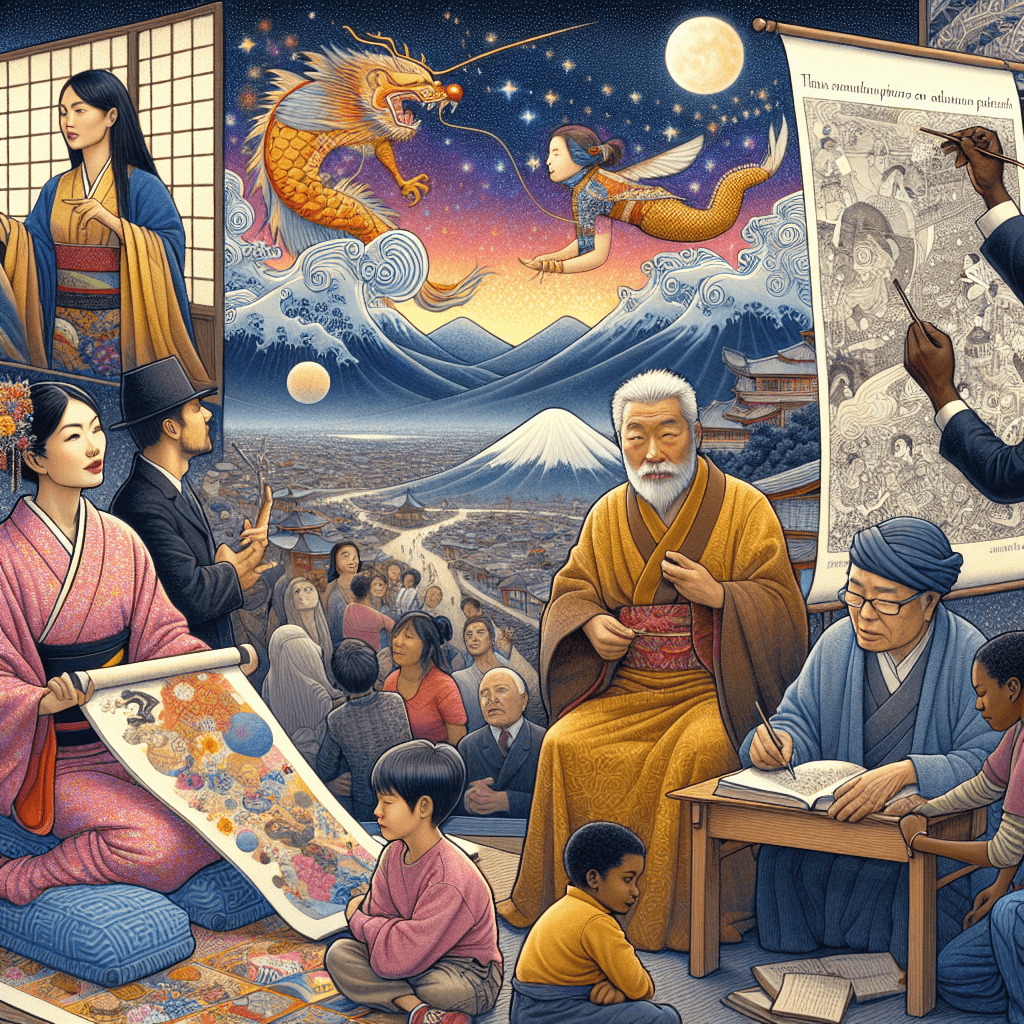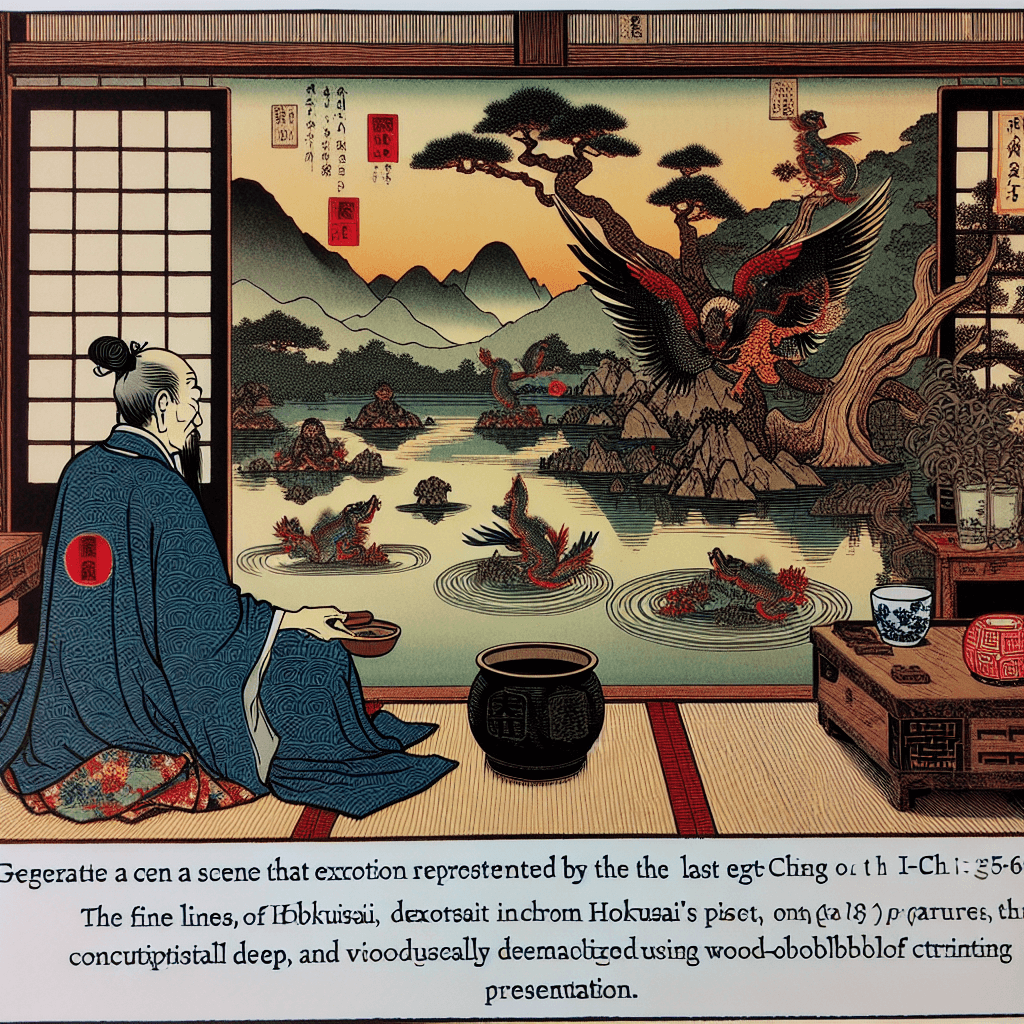Dreams in Modern Western Culture
syndu | Nov. 2, 2023, 11:55 p.m.

Dreams in Modern Western Culture
In the modern Western world, dreams have taken on a new dimension, heavily influenced by the fields of psychology and science. This post will delve into the shift in dream interpretation in contemporary times, focusing on Western cultures.
The advent of psychology, particularly the work of Sigmund Freud and Carl Jung, has significantly shaped our understanding of dreams in the Western world. Freud, in his groundbreaking work "The Interpretation of Dreams," proposed that dreams are a reflection of repressed desires, often of a sexual nature. This perspective, though controversial, has had a profound influence on how we view dreams.
On the other hand, Carl Jung, a student of Freud, disagreed with his mentor's sexual emphasis. Jung proposed that dreams are a tool for the mind to communicate with the individual. He introduced the concept of the 'collective unconscious,' suggesting that dreams tap into universal symbols and archetypes that are shared among all people.
In addition to psychology, advancements in neuroscience have also contributed to our understanding of dreams. Modern science views dreams as a byproduct of the brain's activity during sleep. Researchers believe that dreams help in memory consolidation, problem-solving, and emotional processing.
Despite these scientific interpretations, many in the Western world still attribute personal or spiritual meanings to their dreams. Some view dreams as a source of divine inspiration or guidance, while others see them as a reflection of their fears and anxieties.
In conclusion, the interpretation of dreams in modern Western culture is multifaceted, influenced by psychology, science, and personal beliefs. This diversity in interpretation underscores the complexity of dreams and their enduring fascination for us.
In the next post, we will summarize the key points from our exploration of dream interpretation across different cultures and highlight the diversity in these perspectives. Stay tuned!









